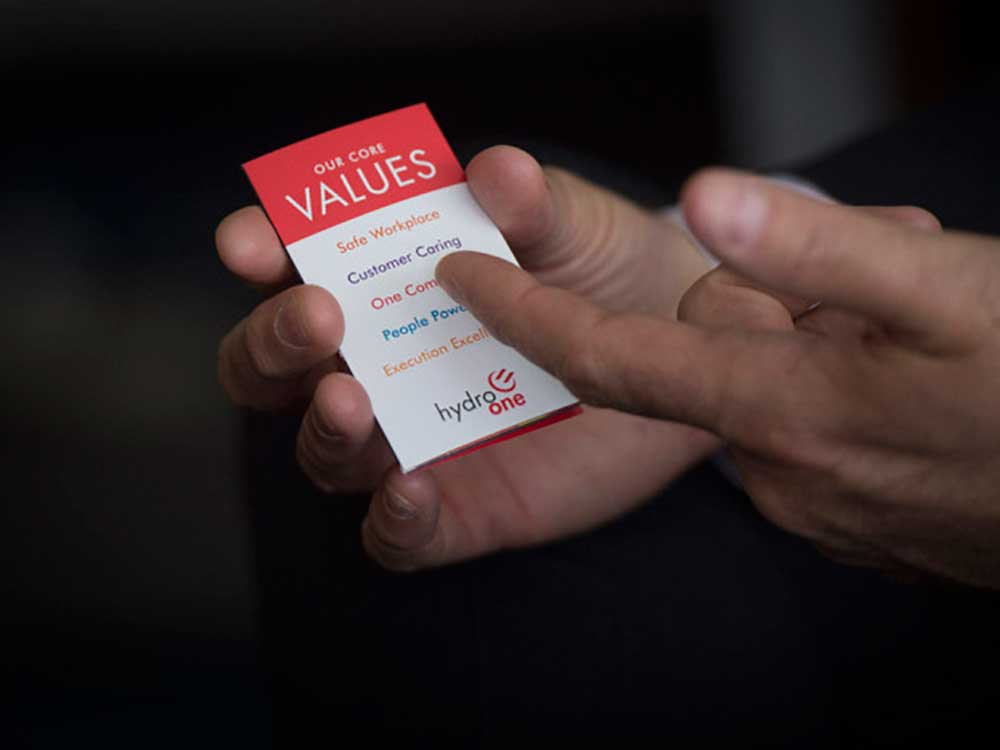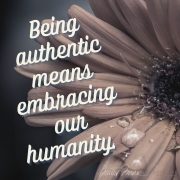Transforming Sorrow Into Service: Effective Leadership In Action
“Only when we learn to be humble about ourselves, can we begin to respect others.” – Lindsay Leigh Kimmett
Lindsay Leigh Kimmett was an athlete, a leader, and a medical student with enormous potential to do great things in the world. But her life ended when, as a seat-belted passenger, she was tragically killed in a single car rollover in 2008. Lindsay’s parents were consumed with unimaginable sorrow at her untimely passing, “but in an attempt to move forward positively,” they were determined to carry on her legacy. Lindsay’s family and friends created the Lindsay Leigh Kimmett Memorial Foundation in honor of her memory.
To date, more than a million dollars has been invested into our community in Lindsay’s name across an array of initiatives, including Valedictorian Scholarships at all the three Cochrane high schools, The Dr. Lindsay Leigh Kimmett Prize in Emergency Medicine at the University of Calgary Medical School, and Lindsay’s Kids Minor Hockey and Ringette Sponsorships. Since her death, Lindsay’s family has also been very active in supporting Alberta’s distracted driving legislation and asks all to drive responsibly without distractions.
Effective leadership displays the willingness and capacity to turn sorrow and hardship into a gift that benefits others. Those who experience grief and have the courage to work with it and work through it, emerge a better person, enabling leadership qualities like perspective, patience, clarity, and empathy. Through learning to grieve in a healthy way, you open yourself to the capacity required to live in harmony and balance with one another and the earth.
Here are five ways to transform loss into a gift that benefits others:
- Make room to grieve – Let life touch you. Stop and allow grief to surface when it is present. Go to funerals. Allow yourself to cry. If you can, be with your pet when they die. Spend time with a dying relative or friend. Community can be built in tragedy. Don’t be afraid to grieve and share your grief with people you care about and who care about you. Allowing yourself to grieve enables you to accept loss as a part of the good life. Grieving is a lonely journey and should not be traveled alone. You may never “get over it,” but you can work through it – by acknowledging honestly what is happening inside you, and allowing your heart to open, both with yourself and with others.
- Let go of the anger – Anger is often born out of suffering, especially when someone or something has caused your loss. While it is part of the process of grief, unacknowledged anger or anger that festers inside, turns into the bitter poison of resentment. The antidote to anger? Name it. Claim it. Take responsibility for your reactions to life. Then have the courage to let it go. An indication of strong character is the courage to bear an injustice without a motive of revenge.
- Be willing to not know – Sometimes the best you can do is accept what is. Although it is human nature to seek control through answers, sometimes the answers simply aren’t there. Often you have to delete your need to understand. A sign of maturity is the courage to accept the vast and inevitable unknown of the human experience, and the willingness to let go of the need for complete comprehension.
- Let grief be your teacher – In the arduous journey of grief, if you pause every so often to open your heart and look within yourself, you will discover that the grief is guiding you to be a better person. While you may not be able to find your gifts in the immediacy of tragedy, keep an open mind to what life’s adversities can eventually teach you. Loss and subsequent grieving can foster, among other things, the ability to be compassionate, to connect more meaningfully with others, and to gain perspective and clarity about what matters most.
- Turn sorrow into service – In an effort to move forward constructively, find ways for your loss to fill a need in the world. While establishing a foundation was the Kimmitt’s way to transform grief into positive action, there are many ways you can make the world better through your loss. Being open to what grieving can teach you will amplify your ability to impact others through a stronger leadership presence.
I have deep admiration for what the Kimmett family has done for our community and beyond in light of their tragic loss. Their willingness to turn sorrow into service is authentic leadership in action. May their story inspire you to embrace the inevitable and at times seemingly unjust and often unanswerable tragedies of life as you stumble forward – with courage, conviction, and compassion – on the journey to being a better person and a better leader.









